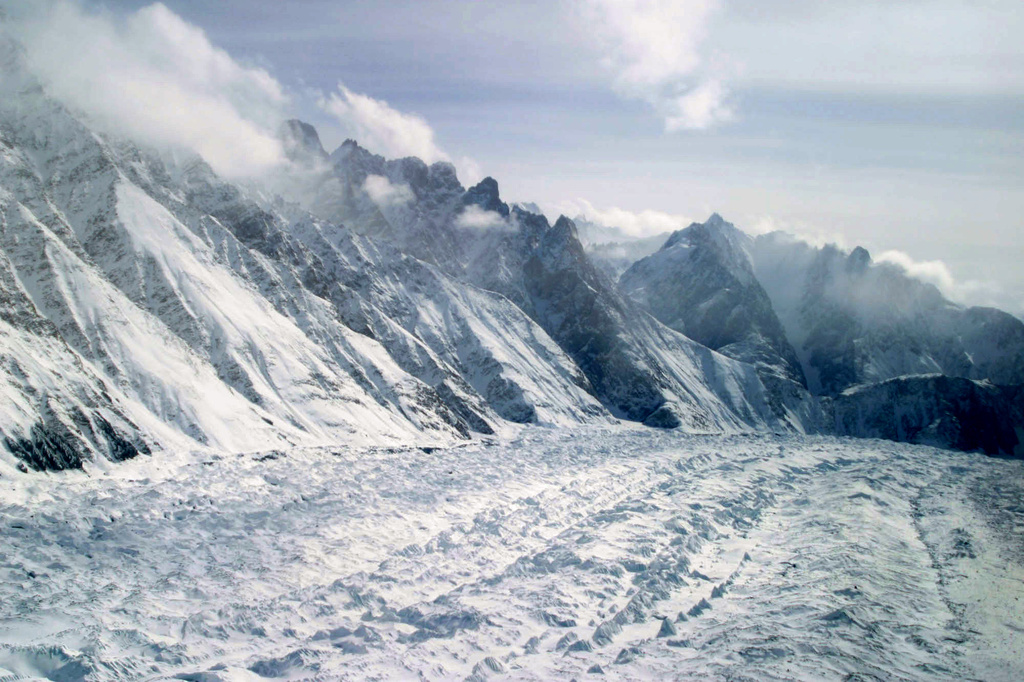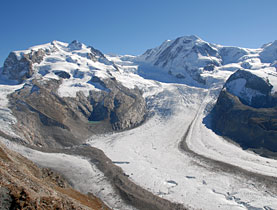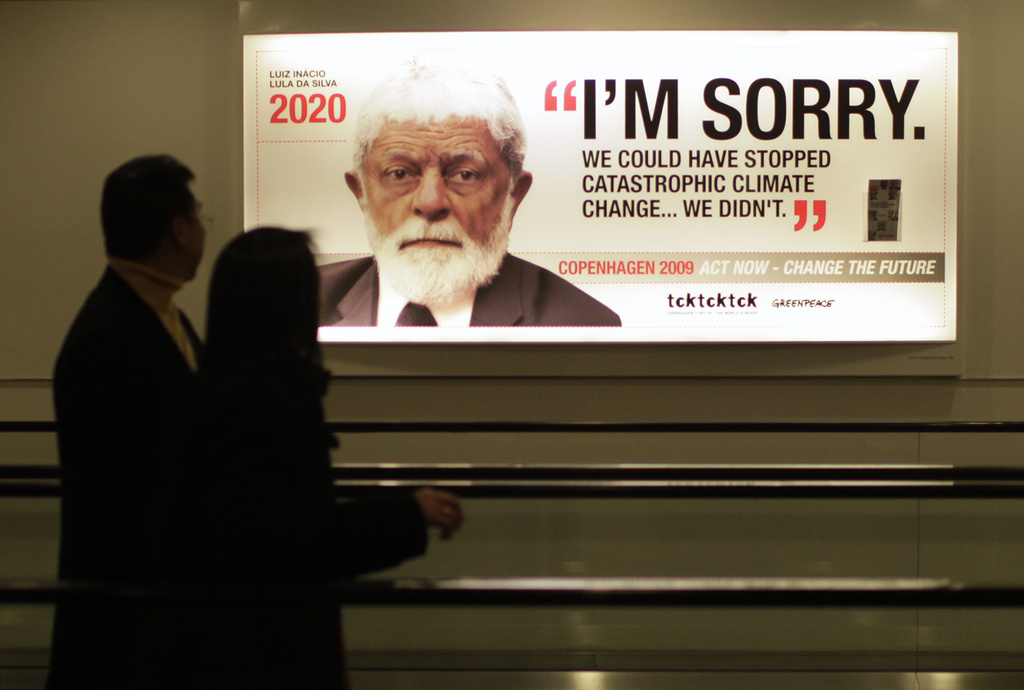Scientists call for reforms to UN climate body

A group of leading climatologists want to see the Intergovernmental Panel on Climate Change (IPCC) reformed to re-establish its reputation.
The scientists, who include Switzerland’s Thomas Stocker, published their series of recommendations in Thursday’s edition of Nature. It follows recent furores about e-mails and false forecasts on glaciers.
In the article, “IPCC: cherish it, tweak it or scrap it”, the suggestions range from reaffirming the panel’s governing principles to increasing the number and speed of its publications and replacing the volunteer organisation with a permanently staffed structure.
An error stating that Himalayan glaciers could melt by 2035 – a huge exaggeration of the thaw – has exposed shortcomings in the IPCC’s checks of its sources and led to calls for reforms of the panel that shared the 2007 Nobel Peace Prize.
Scandals over leaked e-mails from a British university and conflicts of interest by panel members have also damaged the IPCC, whose reports are the main guide for costly government policies to shift from fossil fuels towards renewable energies.
“Like the financial sector last year, the IPCC is currently experiencing a failure of trust that reveals flaws in its structure,” said one of the five scientists, Eduardo Zorita of the GKSS Research Centre in Germany. He suggested the IPCC could be replaced by a more professional “International Climate Agency”.
John Christy of the University of Alabama suggested turning the IPCC into “a living, ‘Wikipedia-IPCC'” to be updated online and with sections overseen by groups of four to eight experts.
This is in response to criticism that the IPCC produces its main reports only once every six years – the last in 2007.
However, Stocker of Bern University, a co-chair of one of the IPCC’s three main working groups, defended the panel’s existing plans.
He argued that reports every six years ensured “the robustness required for a thorough and rigorous assessment”.
swissinfo.ch and agencies

In compliance with the JTI standards
More: SWI swissinfo.ch certified by the Journalism Trust Initiative


You can find an overview of ongoing debates with our journalists here . Please join us!
If you want to start a conversation about a topic raised in this article or want to report factual errors, email us at english@swissinfo.ch.